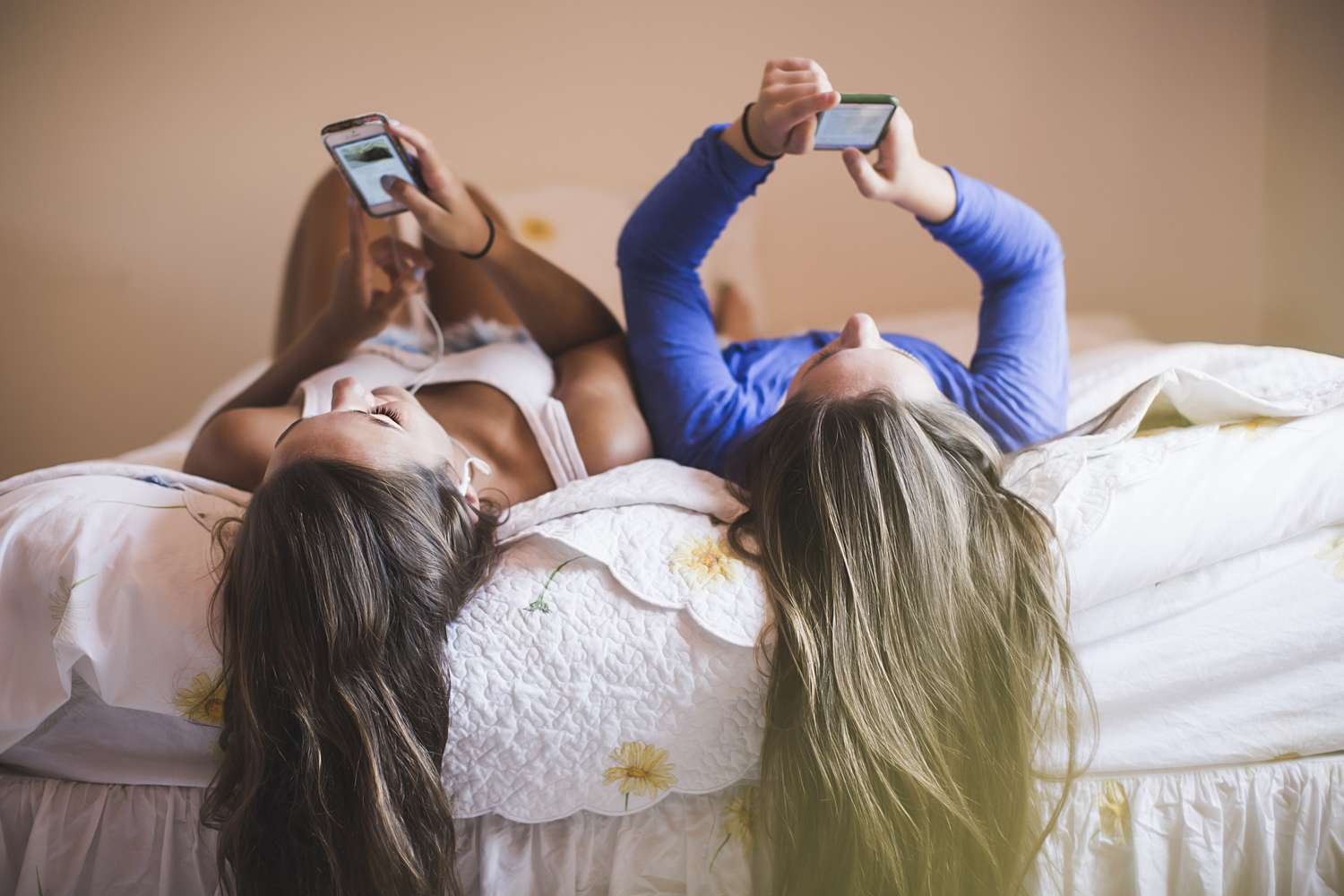The Rise of Social Media
Social media has revolutionized the way we communicate, connect, and share information. Platforms like Facebook, Twitter, Instagram, and LinkedIn have become an integral part of our daily lives, shaping not only our personal relationships but also our cultural norms and values.
Instant Gratification and the Cult of Perfection
Social media has created a culture of instant gratification, where we seek validation and approval through likes, comments, and shares. The constant exposure to carefully curated and filtered content has led to the rise of what some call the “cult of perfection.” People feel pressured to present an idealized version of themselves, leading to a distorted perception of reality and an increased emphasis on appearance and material possessions.
Moreover, the ability to edit and delete posts on social media has given rise to a culture of self-censorship, where individuals carefully craft their online personas to conform to societal expectations. This can lead to a suppression of authentic expression and the reinforcement of certain cultural norms and values.
The Influence of Social Media on Body Image
Social media’s impact on body image is undeniable. The constant exposure to images of idealized bodies can lead to feelings of inadequacy and low self-esteem. Research has shown a correlation between the use of social media and body dissatisfaction, as individuals compare themselves to unattainable beauty standards perpetuated by influencers and celebrities.
Additionally, the rise of “fitspiration” culture on platforms like Instagram has promoted a narrow definition of health and fitness, often prioritizing aesthetics over overall well-being. This can lead to unhealthy behaviors and an unhealthy obsession with achieving a certain body type.
The Spread of Cultural Trends and Movements
On the flip side, social media has also been instrumental in spreading cultural trends and movements. It has provided a platform for marginalized voices to be heard and has facilitated the mobilization of communities around social and political causes.
For example, the #MeToo movement gained momentum through the power of social media, with survivors sharing their stories and raising awareness about sexual harassment and assault. The Black Lives Matter movement has also utilized social media to amplify their message and organize protests and demonstrations.
The Erosion of Privacy and Personal Boundaries
The pervasive nature of online media has eroded traditional notions of privacy and personal boundaries. With the click of a button, we can share intimate details of our lives with hundreds or even thousands of people. This constant exposure has blurred the line between public and private, leading to potential consequences for individuals’ personal and professional lives.
The Role of Social Media in Shaping Cultural Norms and Values
While digital media has undoubtedly influenced cultural norms and values, it is important to recognize that it is not the sole determinant. It is a reflection of our society, amplifying existing beliefs and behaviors. Social media has the power to both reinforce and challenge cultural norms, depending on how it is used.
As individuals, we have the responsibility to critically engage with social media and question the narratives and ideals it promotes. By being mindful of the impact social media has on our cultural norms and values, we can actively shape the digital landscape to be more inclusive, authentic, and reflective of our diverse society.



































